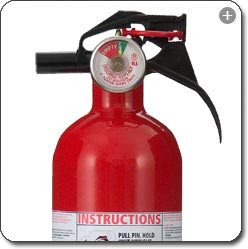
Let’s review a couple of scenarios:
Scenario one - company has an existing product portfolio.
The sales team is providing feedback and advising that the product is missing features preventing them from penetrating market A, and if only they had those features, they could be very successful selling. The same repeats for market B, C and D and before long the product team is inundated with requests that keep changing day in and day out.
Scenario two - startup has a grand idea.
The founders identified a need in the market and delivered a successful first product. Drunk on their success, they (or in many cases the board) feel they could do more, they could turn the product into a plethora of products and reach many new markets.
In both scenarios, companies should not expand too quickly into new markets. Quite simply, you cannot be everything to everyone and you have to be selective. If you have too many markets, you may have lost focus.
In a recent exercise with a product team, I challenged them to list the markets where the company could potentially sell. There were no less than five vastly different markets; each with very unique needs. Next, the team positioned the current products against those needs. It quickly became clear that they were missing many of the features needed to meet the needs of all markets. The team decided to drop three markets where the competition had a leg up and focus on the ones where they offered unique capabilities that were most likely to succeed.
So before putting out your next roadmap, review the markets you are going after and pick the ones where you are most likely to succeed. As you penetrate and achieve market success, add new ones. Just remember to focus. As you build critical mass in fewer markets, you will most likely grow revenue faster than if you spread resources over too many different markets.









 RSS Feed
RSS Feed
